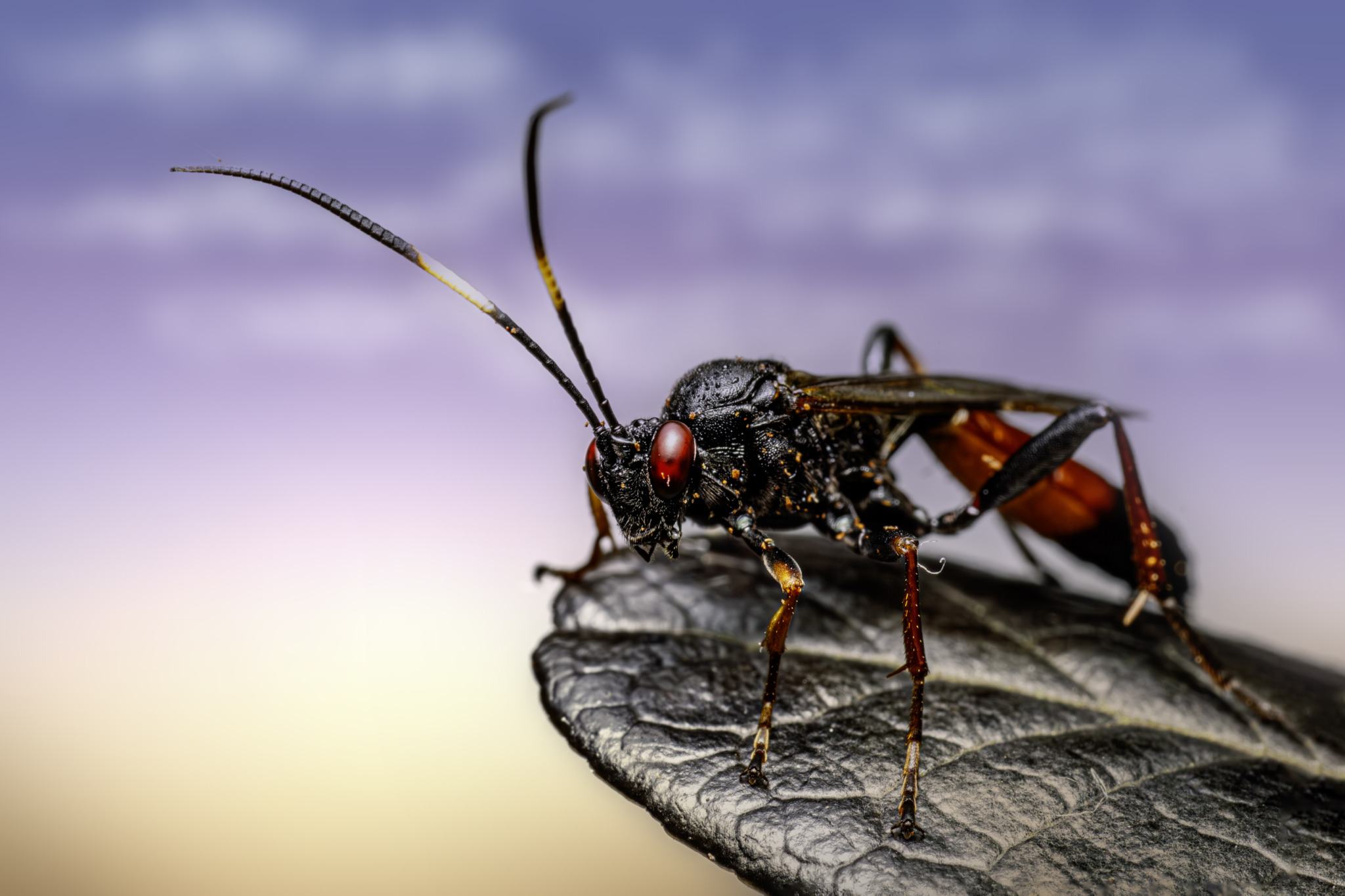Wasps are a diverse group of insects belonging to the order Hymenoptera, which also includes bees and ants. They are characterized by their slender bodies, narrow waists, and often vibrant colors, although some species are predominantly black or brown. With over 30,000 identified species worldwide, wasps exhibit a wide range of behaviors, lifestyles, and ecological roles.
There are two primary groups of wasps: solitary wasps and social wasps. Solitary wasps, as the name suggests, live and hunt alone. They typically construct individual nests in which to lay their eggs, often provisioning them with paralyzed prey for the developing larvae to feed on. Examples of solitary wasps include mud daubers and potter wasps.
Social wasps, on the other hand, live in colonies with a highly organized social structure. These colonies are usually founded by a single queen who lays eggs that develop into workers. Social wasps are known for their paper nests, which they construct by chewing wood fibers and mixing them with saliva to create a papery material. Examples of social wasps include yellowjackets and hornets.
Wasps play important ecological roles, particularly as predators and pollinators. Many species are efficient hunters, preying on a variety of insects, including caterpillars, aphids, and flies, which helps to control pest populations and maintain ecosystem balance. Additionally, some wasp species are effective pollinators, transferring pollen from flower to flower as they feed on nectar.
Despite their ecological significance, wasps are often perceived as pests due to their ability to sting and their tendency to build nests in or near human-inhabited areas. The sting of a wasp can be painful and, in some cases, trigger allergic reactions in susceptible individuals. However, it’s important to note that not all wasp species are aggressive, and many will only sting in self-defense.
In recent years, researchers have been exploring the potential benefits of wasps in various fields, including agriculture and medicine. For example, some scientists are investigating the use of wasps as biological control agents to manage agricultural pests, while others are studying their venom for potential therapeutic applications.
Overall, wasps are fascinating insects with diverse behaviors and ecological roles. While they can sometimes be a nuisance to humans, they also provide valuable services to ecosystems and offer opportunities for scientific research and innovation.
Views: 321
Subscribe to the newsletter:
